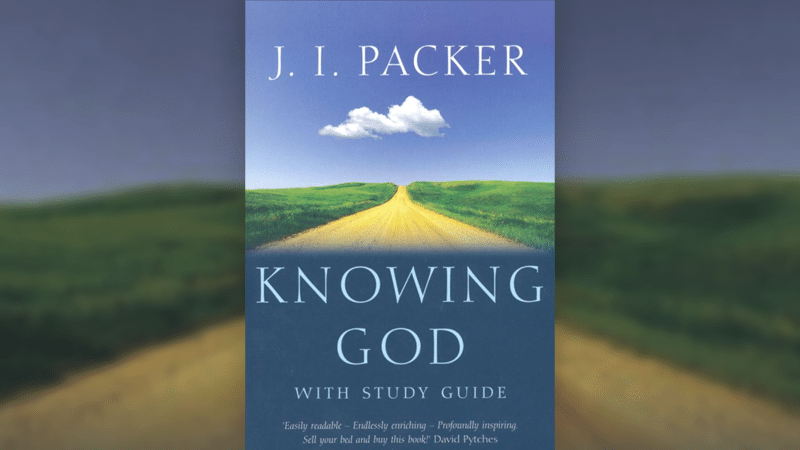James Innell Packer, one of the most influential evangelical leaders of modern times, died on Friday July 17, aged 93. His work ‘Knowing God’ (1973), a Christian classic, sold over 1.5 million copies.
Along with his sister, Packer grew up in a lower-middle class home in Gloucester. Their parents had a nominal Anglican faith.
As a young boy, he was involved in a serious collision with a local bread van, leaving him with a head injury that would remain visible for the rest of his life. In the providence of God, he received a typewriter on his eleventh birthday – a gift from his parents, who thought it would be safer than a bicycle. His biographer Alister McGrath noted: “It was not what Packer had asked for; nevertheless, it proved to be what he needed”.
Life
And so, a young Jim Packer began to write.
His interest in Christianity was stirred by reading C. S. Lewis’ Screwtape Letters. Upon arrival at Oxford University on a scholarship, he paid a visit to the Oxford Inter-Collegiate Christian Union, and on 22 October 1944 gave his life to Jesus Christ.
After graduating, he moved to Oak Hill College, London, to teach Latin and Greek, where he discovered an aptitude for teaching. He then enrolled at Wycliffe Hall where he studied theology from 1949-52, before beginning his ordained life in the Church of England as a curate at St. John’s, Harborne.
He later spent several years lecturing at Tyndale Hall, where he was appointed Principal in 1970, before moving permanently to Regent College, Vancouver. He stayed teaching there until his retirement – only to continue part time.
In 1998 he was appointed General Editor of the English Standard Version Bible translation – which he regarded as one of his most important contributions to the kingdom of God.
Holiness
A staunch defender of the doctrine of penal substitution, he vigorously articulated orthodox Christian theology throughout his life, repeatedly calling the Church back to Scripture, to holiness and to the whole counsel of God.
For Packer, the study of God was inseparable from personal holiness. He believed that theology “cannot, and should not, be detached or dissociated from the relational activity of trusting, loving, worshiping, obeying, serving, and glorifying God”.
For earlier generations, his book Evangelism and the Sovereignty of God (1971) was a key element in the recovery of reformed truth.
In 2002, when the synod of the Anglican Diocese in Vancouver backed the blessing of same-sex unions, Packer and his colleagues walked out in protest. Many Canadian evangelicals were to follow his lead.
His decision to back ‘Evangelicals and Catholics Together’ led to controversy amongst evangelicals. Although esteeming him very highly, his friend R C Sproul and other prominent evangelicals criticised him for endorsing the initiative.
Magnificent
In 70 years of writing and ministry he authored or co-authored over 30 works.
John Burn, Chairman of The Christian Institute, said: “Jim Packer influenced millions, including me. His book ‘Knowing God’ is truly magnificent. He clearly had a great biblical mind. As Alistair Begg has said ‘Truly a Prince has fallen in Israel.’
“I met him only once at a conference. I was struck by how humble and sociable he was. We went off to a chip shop together and ate fish and chips out of newspaper.”
Carl Trueman described him as “the classic example of a modest, Christian gentleman”. People who met him were often struck by his humility.
In one of his last interviews he was asked what would be his final words for the Church. His response: “Glorify Christ every way.”

